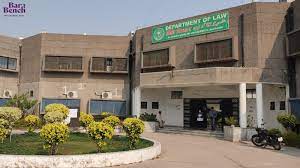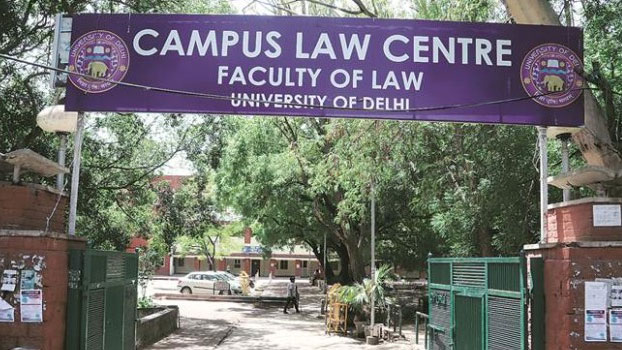Featured College

Faculty of Law (BHU)
Established In: 2010
Approved by: Bar Council of India.

Faculty of Law Jamia
Established In: 1989
Approved by: UGC.

Aligarh Muslim University
Established In:1960
Approved by: Bar Council of India.

Faculty of Law of Delhi University
Established In: 1924
Approved by: Delhi University

Nalanda Law College
Established In:2003
Approved by: BCI.

Nation Law School of India University.
Established In: 1986
Approved by: Bar Council of India.
